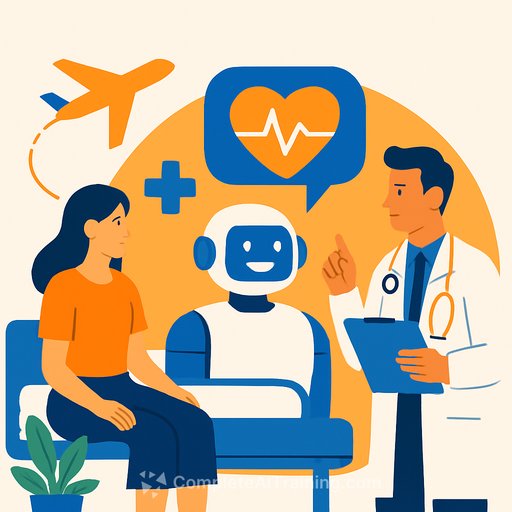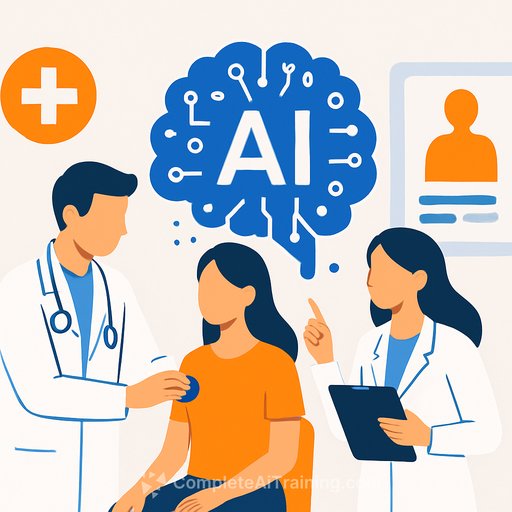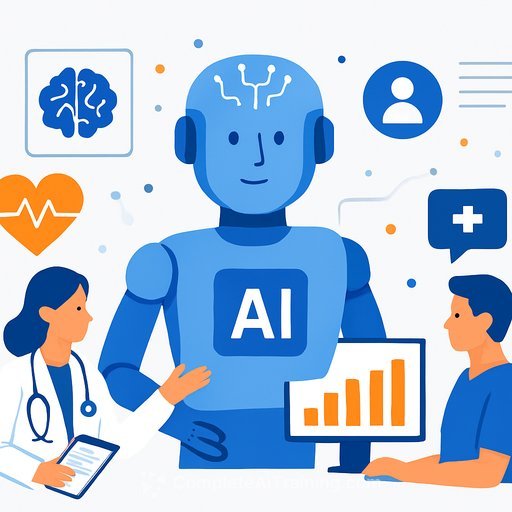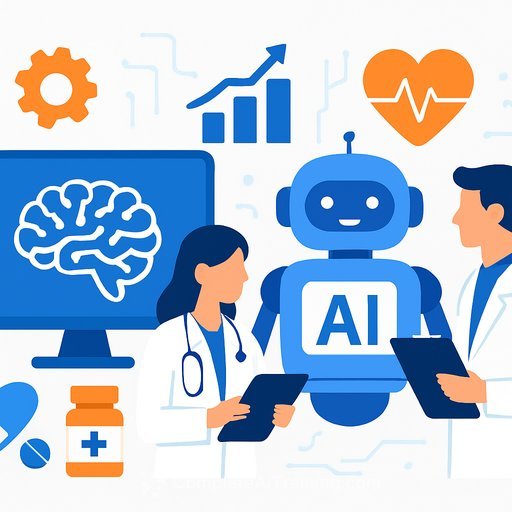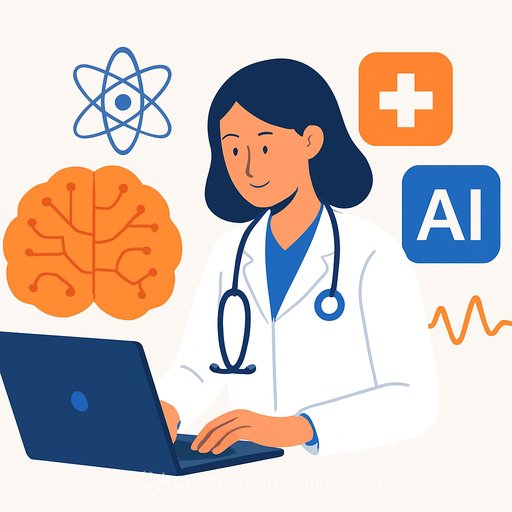Health Tourism and AI: What Healthcare Professionals Should Know
Health tourism is growing as patients seek medical care beyond their local systems, often combining treatment with travel. Artificial Intelligence (AI) is playing an increasing role in this space, influencing how care is delivered, accessed, and managed across borders.
The Role of AI in Health Tourism
AI tools help patients and providers make better decisions. From virtual consultations to AI-driven diagnostics, technology supports more personalized and timely care. This can improve patient outcomes while reducing costs and wait times—key factors for health tourists.
Healthcare workers need to understand how AI integrates with health tourism services. This includes recognizing AI’s potential benefits and limitations in diverse healthcare environments, especially when dealing with different regulations and standards globally.
Challenges: Bad Health Advice and Misinformation
One concern is the spread of inaccurate health information through AI chatbots and online platforms. With newer models like ChatGPT 5 emerging, the risk of receiving poor or incorrect health advice increases if AI tools are not carefully monitored or validated.
Healthcare professionals should be prepared to guide patients on verifying AI-provided information and encourage consultation with qualified practitioners. This is crucial to avoid harm from misleading or inappropriate recommendations.
Recent Developments: Colorado’s Approach to AI in Healthcare
Some regions, including Colorado, have taken cautious steps regarding AI applications in healthcare. By delaying or adjusting AI policy decisions, they aim to ensure safety and efficacy before wider implementation.
This cautious stance highlights the need for healthcare professionals to stay updated on AI regulations and policies in their jurisdictions. Understanding these frameworks helps ensure compliant and ethical use of AI in patient care.
Key Takeaways for Healthcare Professionals
- AI supports health tourism by improving access and personalization but requires critical oversight.
- Be vigilant about AI-driven misinformation; always prioritize patient education and verification.
- Stay informed about local AI healthcare policies to align with legal and ethical standards.
- Enhance your AI knowledge through targeted training to better serve health tourists and local patients alike.
For healthcare workers interested in expanding their AI expertise, exploring courses on AI applications in healthcare can be valuable. Resources like Complete AI Training’s healthcare-focused courses offer practical knowledge to navigate AI tools effectively.
Your membership also unlocks:

